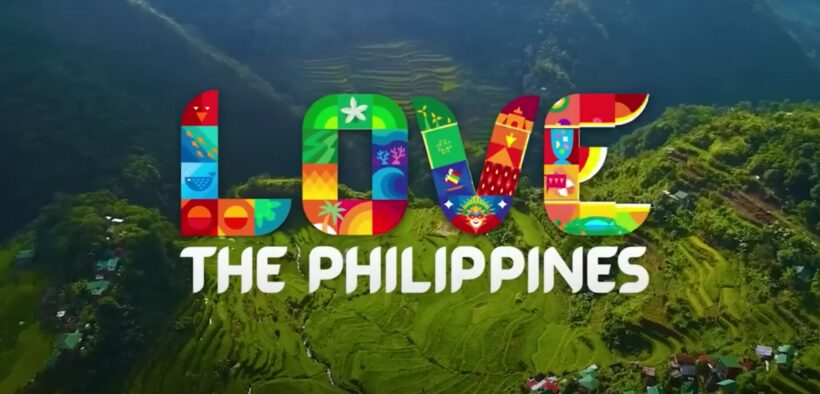Share

The Philippines tried to launch a post-pandemic revitalisation of its tourism industry, but in lieu of a tourist wave it just landed major embarrassment.
A local ad agency created a video full of foreign footage as it tried to promote the Philippines, damaging the reputation of the country after international backlash. Recently, Getty Images conducted a study that underscores the incident, looking at what audiences in Australia and New Zealand care about in tourism marketing.
Greater transparency is clearly desired, as 89 percent of consumers want brands to be honest about altered or inauthentic images, so other countries should take care not to repeat this mistake.
The ‘Love the Philippines’ debacle
The Southeast Asian country launched its new tourism campaign in late June, replacing the old slogan ‘It’s More Fun in the Philippines!’ which had run for over a decade. The transition to ‘Love the Philippines’ certainly garnered attention with its first video, but for all the wrong reasons.
Within days of the video’s release, the agency behind it, DDB Philippines, came under fire for having included stock footage of other countries. Various landscapes the ad presented as Filipino are in fact in Indonesia, Brazil, the United Arab Emirates and even Switzerland.
The Department of Tourism (DoT) released a statement blaming the advertising agency, saying that it had “sought confirmation from DDB on the originality and ownership of all materials”.
DDB Philippines later apologised for the “unfortunate oversight” but the DoT still terminated its contract with the company.
Travel brands be warned
Misleading tourism marketing undermines what consumers are actually interested in.
“This backlash demonstrates people’s desire for realism. Our data tells us they are looking for images and videos that reflect real local culture, real people and real experiences,” says Kate Rourke, head of creative insights Asia Pacific at Getty Images and iStock.
According to the Getty Images study, 69 percent of consumers care that marketing for travel shows authentic images. Two thirds of people are unable to recognise altered or computer-generated images, which is a concern in the dawning age of AI.
“Travellers in Australasia value unique and personalised travel experiences which allow them to explore their own personal interests.” says Rourke.
An interesting tourism campaign centred around authenticity recently came from Fiji, which in March asked locals to capture 24 unedited photos in 24 hours on disposable cameras.








